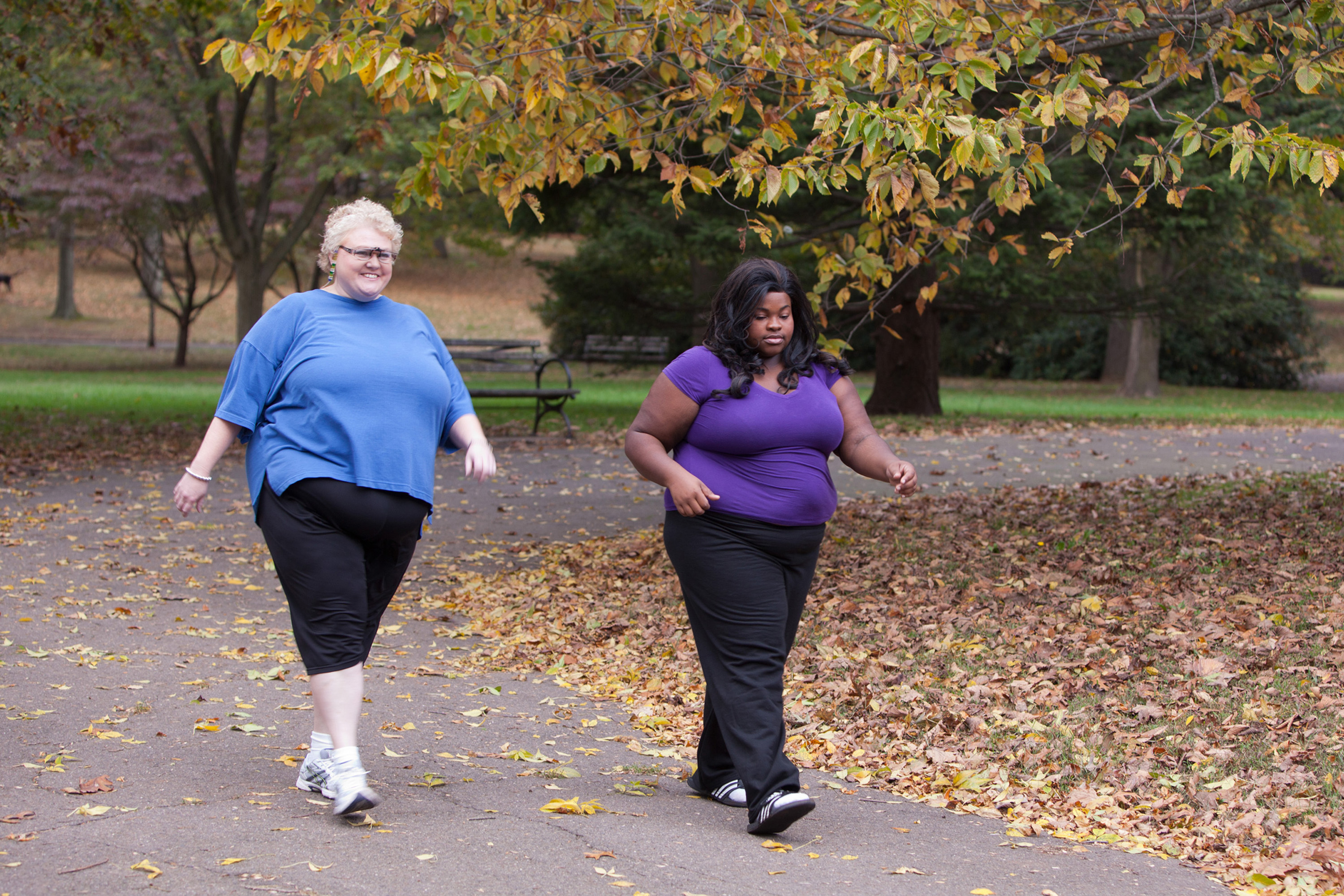A new study by the Rudd Center for Food Policy and Obesity at the University of Connecticut shows that how people cope with being mistreated because of weight can affect their health.
The study, published online today in Health Psychology, found that coping with the experience of being teased or bullied because of weight by engaging in healthy lifestyle behaviors (like exercise or eating healthy foods) was associated with better health, including greater self-esteem, better physical and psychological well being, and less frequent depressive symptoms. Responding to weight stigma with negative emotions and maladaptive eating (such as starving, bingeing, or purging) was linked with more depressive symptoms, lower self-esteem, and worse physical and emotional health.
We need to find ways to help individuals experiencing weight stigma use coping strategies that have healthy benefits. — Mary Himmelstein
“Overall, our results suggest that how people cope with weight stigma may be important when it comes to the negative health effects of being mistreated because of weight,” says Mary Himmelstein, postdoctoral fellow at the UConn Rudd Center, and lead author of the study. “Our findings indicate that we need to find ways to help individuals experiencing weight stigma use coping strategies that have healthy benefits, rather than strategies that may worsen health.”
Considerable evidence had previously linked the experience of weight stigma to poor health. Yet few studies had explored how individuals cope with being mistreated because of their weight, or the role that their coping responses may play in health outcomes.
The UConn Rudd Center study involved a national sample of 912 American adults who completed an online survey in 2015. Participants answered questions about demographic characteristics, whether they had experienced weight stigma and how they typically coped with these experiences, and health questions about current dieting behavior, depressive symptoms, physical and psychological well being, and self-esteem.
All participants in the study reported experiencing some form of weight stigma. Weight-based teasing was the most common (88.9 percent), followed by unfair treatment (56.1 percent) and weight-based discrimination (43.1 percent). The most common strategy for coping with these stigmatizing experiences was engaging in healthy lifestyle behaviors, followed by responding with negative emotions, and avoiding exercise.
“Obesity-related treatments, weight-management programs, and health professionals aiming to help individuals who report being stigmatized because of their weight need to focus on weight stigma,” Himmelstein says. “Offering support and focusing on positive coping strategies will be important to help improve their patients’ physical and emotional well-being.”
Study co-authors include Rebecca Puhl, professor of human development and family studies and deputy director of the UConn Rudd Center, and Diane Quinn, professor of psychological sciences at UConn.



